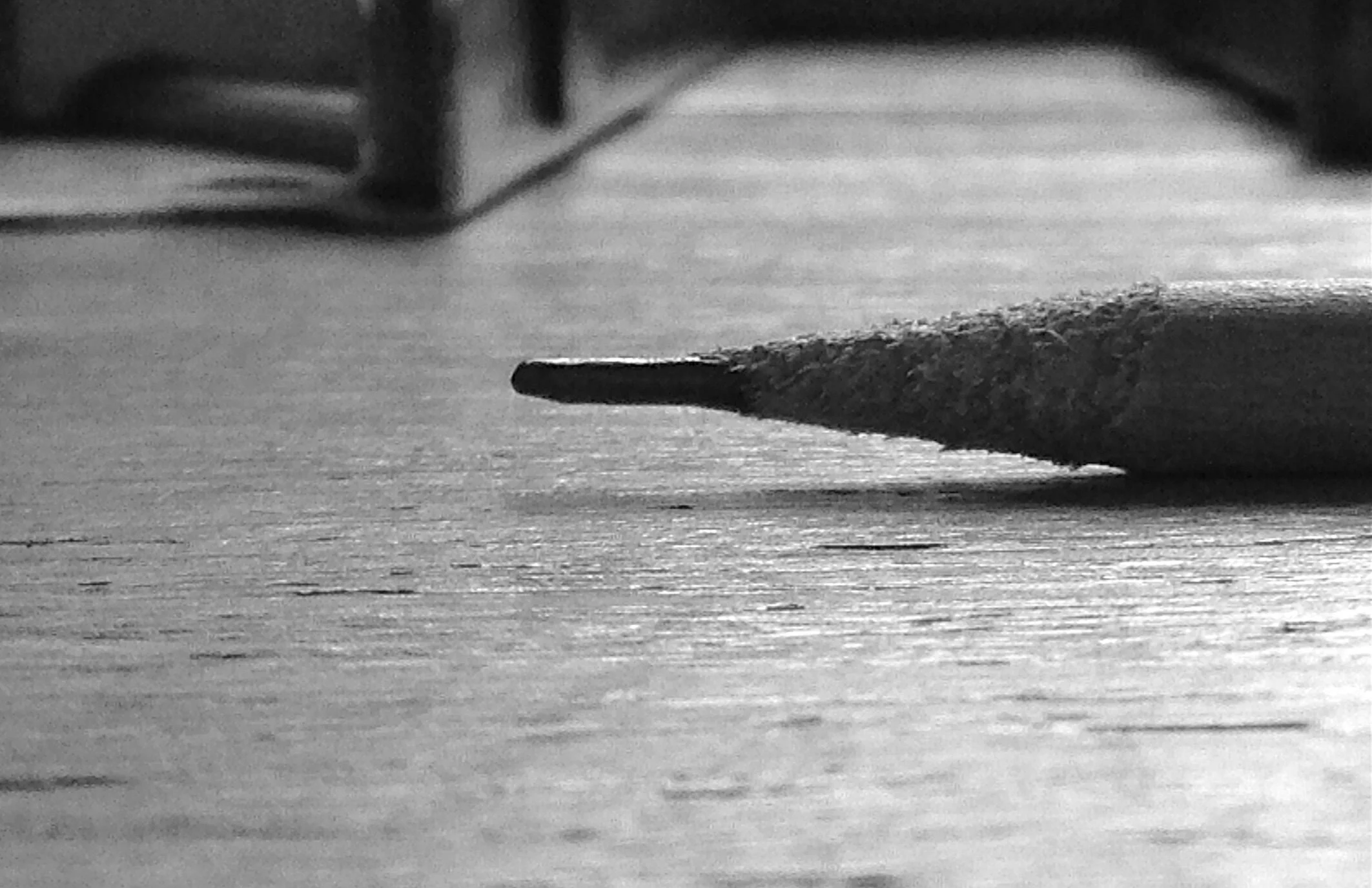Finding Dory
/You trust Becky? Becky's eating a cup!
~ Marlin
quick fox: B | Copper
winding dragon
Going into Finding Dory, I was apprehensive about it considering the recent disasters of Cars 2 (2011) and The Good Dinosaur (2015), and the underwhelming Brave (2012) and Monsters University (2013). But I am glad to say that unlike some of Pixar’s previous attempts, Finding Dory (2016) manages to stay true to its original predecessor. While I’m not rushing to place it among Pixar’s elite, it is a strong movie with a powerful message.
The major strike working against Finding Dory is that there is never a moment of true surprise. I wouldn’t go so far as to say it’s predictable, but nothing defies expectations. IMDB’s plot summary pretty much says all that needs to be said as far as what happens in the film: “[Dory] reunites with her loved one and everyone learns a few things about the real meaning of family.” But the point of the movie isn’t so much the “what happens” but the “how it happens,” and the “how” is the transformation of Dory (Ellen DeGeneres) from a humorous sidekick to an emotionally vulnerable character. The film focuses on growing the audience’s relationship with Dory through flashbacks and sympathetic situations.
At times, however, the plot relies too heavily on drawing upon the success from Finding Nemo. Because the point of the film is to present a new side to Dory, the rest of the characters get pushed to the side. Though that isn’t necessarily a bad thing, it did cause some of the supporting cast to feel underdeveloped, especially Hank the Octopus (Ed O’Neill), Destiny the Whale Shark (Kaitlin Olson), and Bailey the Beluga Whale (Ty Burrell). Those three characters played important roles to Dory’s quest to find her parents, and all three had backstories that were hinted at but never fully explored. Even Marlin (Albert Brooks) and Nemo’s (Hayden Rolence) relationship was missing a certain element, because the conflict between them was that Nemo was upset with his dad for losing Dory. The problem here being that neither Finding Nemo nor Finding Dory has any interaction between Dory and Nemo that is simply them bonding over something that doesn’t involve life or death situations, and so I found it hard at times to understand the dynamic between those characters. Still, Finding Dory hits home where it’s most important. Dory’s backstory is well thought-out and creates an impactful emotional resonance.
Finding Dory is a lot like Up in that the whole film hinges on establishing an immediate emotional tone. I don’t think Pixar will beat Carl and Ellie’s marriage as an opening sequence, but the first few minutes of Finding Dory definitely struck a chord within me. The film actually manages to carry the somber tone throughout the film, despite it being a comedy, because each new flashback channels a different feeling of sympathy and compassion.
The most important element of the movie is what Pixar did best. With Dory’s short-term memory loss, it was inevitable that Finding Dory was going to make a statement about people living with mental disabilities. Combine that with it being a comedy and a kids’ film, a lot of people before the movie’s release were concerned/curious to know how Pixar would present the issue. I think Finding Dory dealt with it perfectly. It doesn’t shy away from the reality of Dory’s life nor does it soften the fears and frustrations that parents have about their own kids in a similar situation to Dory’s. But it does present a wonderful image of family and a desire to find a place to call home.
